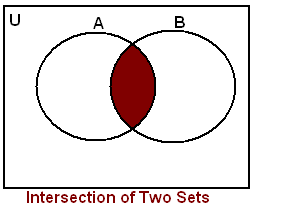Fact = N *
(N–1)*….2*1 (all are unsigned Word
variable)
TITLE factorial
;TO COMPUTE
;factorial N <= 8
;----------------------------------------------------------------
.MODEL SMALL
.STACK 64
.DATA
VAR_N DW 9
VAR_FACT DW 1
;----------------------------------------------------------------
.CODE
MAIN PROC FAR
MOV AX,@DATA
MOV DS,AX
MOV AX,VAR_N
MOV DX,01
CMP AX,00h
JE SPECIAL
MOV CX,AX
MOV BX,AX
DEC BX
DEC CX
JZ SPECIAL
LOOP: MUL BX
DEC BX
DEC CX
JNZ LOOP
MOV DX,AX
SPECIAL:MOV VAR_FACT,DX
MOV AX,4C00H
INT 21H
MAIN ENDP
END MAIN
TITLE factorial
;TO COMPUTE
;factorial N <= 8
;----------------------------------------------------------------
.MODEL SMALL
.STACK 64
.DATA
VAR_N DW 9
VAR_FACT DW 1
;----------------------------------------------------------------
.CODE
MAIN PROC FAR
MOV AX,@DATA
MOV DS,AX
MOV AX,VAR_N
MOV DX,01
CMP AX,00h
JE SPECIAL
MOV CX,AX
MOV BX,AX
DEC BX
DEC CX
JZ SPECIAL
LOOP: MUL BX
DEC BX
DEC CX
JNZ LOOP
MOV DX,AX
SPECIAL:MOV VAR_FACT,DX
MOV AX,4C00H
INT 21H
MAIN ENDP
END MAIN



